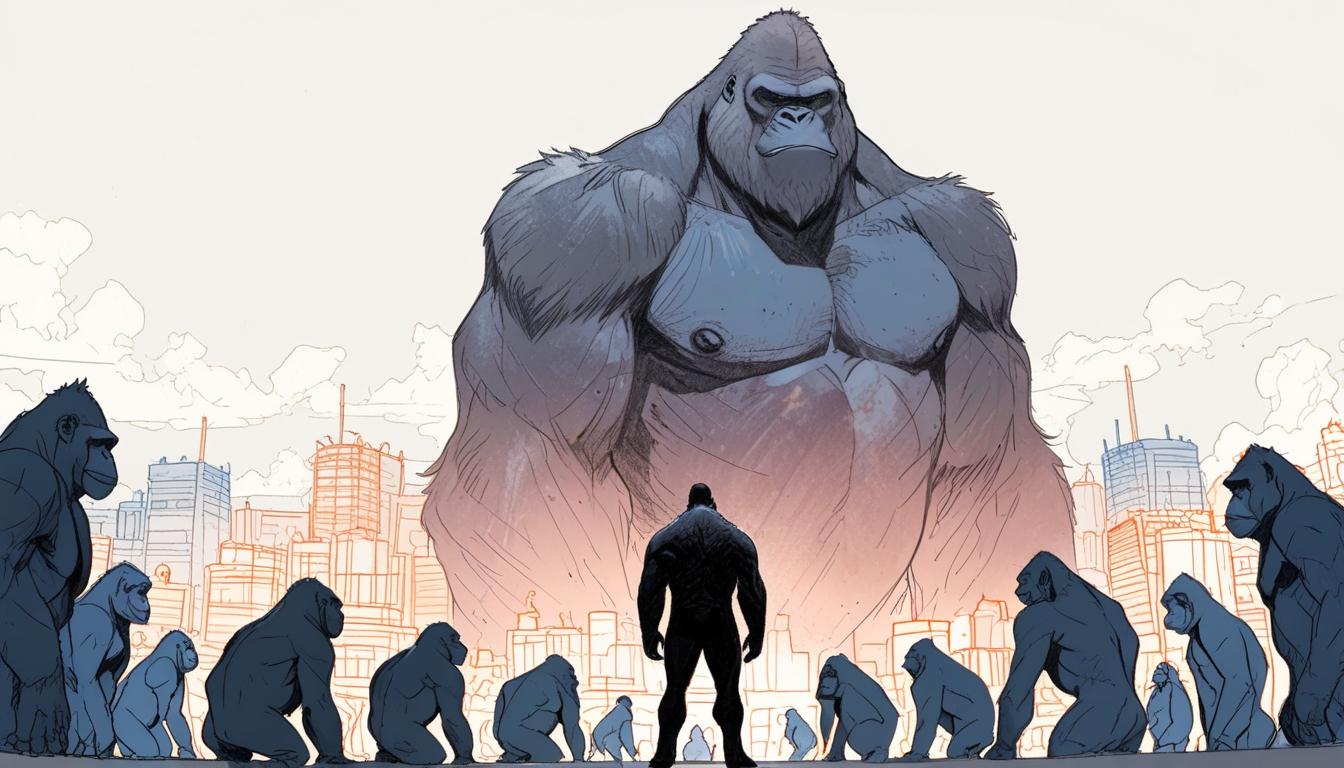Amazon is intensifying pressure on its suppliers to secure significant price reductions and enforce stringent contract terms as part of its strategy to safeguard profit margins from the impact of increased tariffs imposed by the Trump administration. The Seattle-based e-commerce giant, which commands the world's largest online retail platform, has reportedly requested low double-digit price cuts from vendors supplying diverse product categories such as homeware and consumer electronics.
According to three vendor consultants who negotiate on behalf of several brands, Amazon's approach has become notably more assertive with suppliers of products manufactured in China following the White House's introduction of tariffs of up to 145 per cent. These measures have compelled Amazon to act decisively to mitigate the financial strain on its operations. Scott Miller, a consultant and former Amazon vendor manager, described Amazon as the “800-pound gorilla in the room,” emphasising that many brands have grown heavily reliant on the platform and have limited alternatives.
The $2 trillion company is revisiting a strategy similar to that employed during President Trump's first term when tariffs on Chinese imports were first implemented. Amazon is not alone in pressurising suppliers; other major retailers such as Costco and Walmart have also sought supplier concessions to buffer their profit margins. Goldman Sachs analysts have estimated that the tariffs could reduce Amazon’s operating profits by between $5 billion and $10 billion this year, representing a 6 to 12 per cent decline, contingent on the progression of the trade war.
In response to enquiries, Amazon stated, “We’re working with our broad, varied range of valued selling partners in our store to support them in adapting to the developing environment while maintaining low prices for customers.” Sources within the logistics sector have indicated that Amazon anticipated the tariff escalation by accelerating shipments immediately after President Trump assumed office. Moreover, Amazon has reportedly cancelled numerous direct imports from China and shifted towards sourcing goods from suppliers holding stock within the US.
Andy Jassy, Amazon’s Chief Executive Officer, elaborated on the company’s position in a recent interview with CNBC. He mentioned that sellers on Amazon’s marketplace were expected to increase prices but that Amazon remained deeply engaged in negotiations with its own suppliers to restrain price hikes. “There are some cases where we have deals we negotiated that weren’t done where we’ll renegotiate terms to make it easier for customers to have lower prices,” Jassy stated.
Amazon’s shares have declined by 14.8 per cent so far this year. The company is scheduled to release its first-quarter earnings on Thursday, which will include financial forecasts for the forthcoming quarter. The first shipments subject to tariffs from China have already arrived at US ports, carrying inventory intended for the summer season. Analysts predict that if the tariffs persist, consumers are likely to face price increases around mid-year.
Interestingly, Amazon's tactics appear more accommodating concerning imports from countries other than China. Several consultants noted the company has agreed to absorb up to a third of the tariff costs on such goods, particularly during a 90-day pause period when tariffs stood at 10 per cent. Miller acknowledged, “To their credit, they have been willing to absorb some of the increased costs.”
Amazon has reportedly informed suppliers that it will only accept increases in costs on non-Chinese imports if manufacturers agree to a fixed margin for Amazon. Under this arrangement, suppliers bear the risk of any reduction in item sale prices on Amazon’s platform.
Eric Sheridan, an analyst at Goldman Sachs, highlighted the importance of Amazon’s third quarter, which typically features its 48-hour “Prime Day” sales event. Prime Day, now held twice annually in July and October, generated $14.2 billion in sales last year, according to Adobe Analytics. However, Sheridan predicts that this year’s Prime Day will likely involve less aggressive discounting. “There will be some costs that have to be borne [due to tariffs] ... a degree of which is passed along to the consumer,” he noted.
As Amazon navigates the evolving international trade environment, its strategies regarding supplier negotiations, inventory management, and pricing policies will remain critical to its financial performance and competitive positioning in the US retail market.
Source: Noah Wire Services
